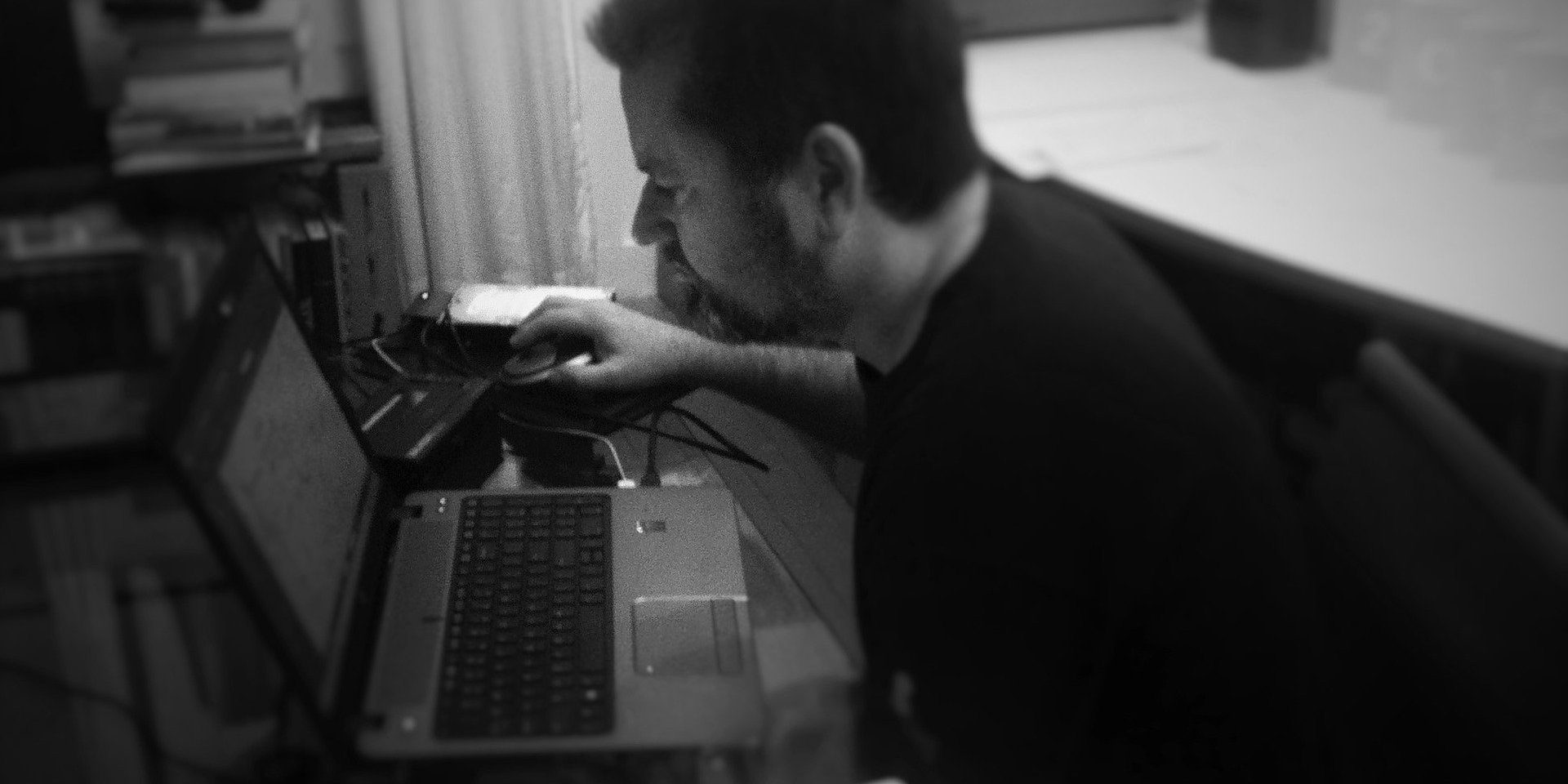Human resources (HR) is the aspect of your business that deals with interpersonal relations between the people (staff and management) in your company. Your HR department ensures that your workers are hired, paid, and productive.
The purpose of a business is productivity, but productivity is only possible if all the people in the company are working in synergy. Here are a few reasons why you should take your HR department seriously from day one.
1. HR Manages All That Administrative Stuff
With your first employee comes the responsibility of the administration. For example, you are expected to report the new hire to the state, classify employees correctly (exempt vs nonexempt), process payroll taxes, provide W-2s to employees at year-end. These are all HR duties.
The human resource department is meant to take care of issues like, managing employee data and organizing payroll records so you don’t have to worry about them. They take care of those internal issues so they don’t become a problem in the future of your business. Here are some administrative kinds of stuff that HR deals with:
- New Hire Paperwork & Onboarding
When you hire a new employee, the government expects you to verify their right to work in the United States and gather information for the IRS. HR take care of all this paperwork and welcome your new hires making their transition into the job role smoother.
- Orientation & Training
As your business scales up, HR become the keepers of institutional wisdom, culture, and values. They help new hires get off to a good start, consistently motivate and drive productivity of current staff which in turns help the business owner focus on other aspects of the business.
- Processes & Procedures
HR compiles company policies, values and procedures into the company handbook which is then administered and acknowledged by each team member annually and upon hire into the company. This way, everyone is informed about the company expectations of each employees, as well as provides a generalized understanding of the company culture,values and company policies.
Asides from this, HR is also responsible for handling conflicts within the organization.
2. HR Finds & Recruits Top Talent
Everyone has a vision in mind when they start their company. Your team members are the bridge through which you can achieve your company goals.
Honing in on their ability engage in human interactions, HR personnel are best equipped to find and recruit top talent for your organization.
Here are a few areas where HR participate in the recruitment process:
- Finding and Assessing Employees
HR personnel is trained to find the most qualified candidates for the job positions within your organization. This process involves advertising for job roles and weeding out unqualified job seekers. They have different tools at their disposal for this task.
- Negotiating Job Offers
HR personnel understands the intricacies of employee benefits. They will know the right salary and benefit fit for a candidate’s qualifications and can navigate the grey areas of employee benefits to enhance employee productivity.
3. HR Ensures Labor Law Compliance
One of the primary roles of HR is to help keep your company compliant with federal and state labor laws. This is no small feat, as non-compliance with these laws could lead to audits, fines, and penalties that would adversely affect your business.
Some of these labor laws are:
- Safety Laws
In a small business, employee safety is an HR job. The HR team ensures that your company is compliant with the federal standards of safety. Your HR department enforces the government’s safety regulations within the company.
- Anti-discrimination Laws
Your HR team will protect your company from anti-discrimination lawsuits by carefully observing all federal and state anti-discrimination laws and keeping their ear to the ground on new rules. Doing so will prevent you from accidentally discriminating against current and/or future employees.
4. HR Keeps Workers Happy & Productive
HR is largely responsible for enforcing your company rules, disciplinary actions, and monitoring the company culture. They keep tabs on the happiness of your employees and identify/prevent potential problems. Hence creating a positive work environment that promotes productivity.
5. HR Manages & Tracks Employee Productivity
Let’s be honest. You don’t hire employees just to make them happy. You hire them to do a job. Although it is common sense that they’ll do a better job if they’re happy. The importance of human resources management beyond employee engagement is to make sure that individuals are equipped and trained to enhance their job performance. HR offer many levers to track and improve employee productivity.
6. HR Supports Business Competitiveness
The ubiquitous phrase, “people are our most important asset,” is only true if the workers on your team have their basic needs met. If not, people can be your quickest path to failure and begin to exhibit toxic behaviors in the workplace. HR is so important because the HR personnel is the one managing all the things that contribute to the optimization and productivity of your people resources.
Bottom Line
Improving your human resources function can translate to bottom line profits by reducing your turnover cost, improving employee productivity, and lowering your risk of employment lawsuits.
If you need some help navigating through the world of all things HR, SW HR Consulting is here to help. We can answer any questions you may have or create a plan to help you implement the HR function into your organization.
SW HR Consulting has been helping companies to build their teams and values for over 10 years. Contact us to find out more about our unique hr outsourcing services and see how our expertise can benefit you.







